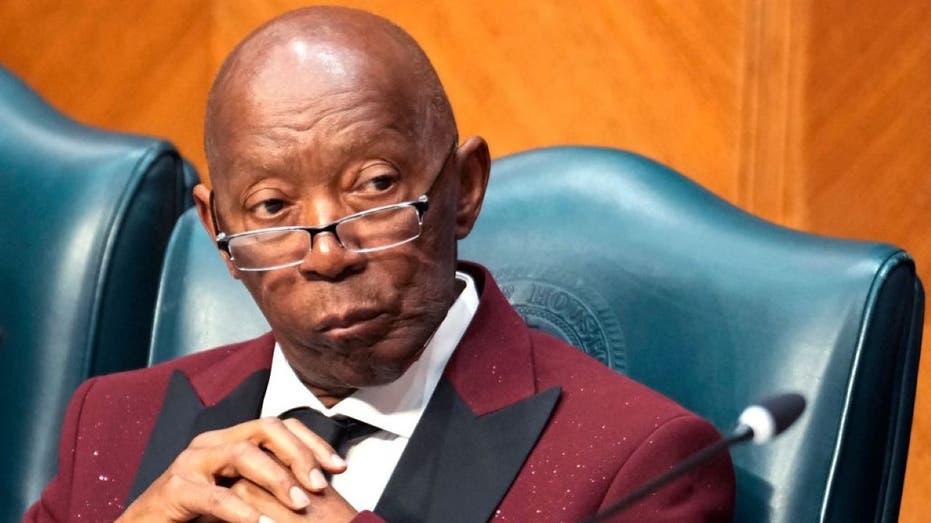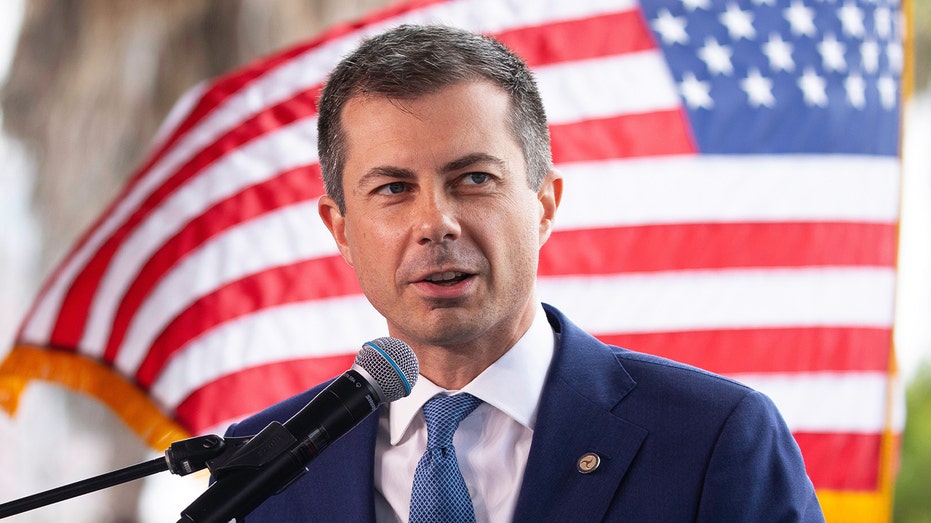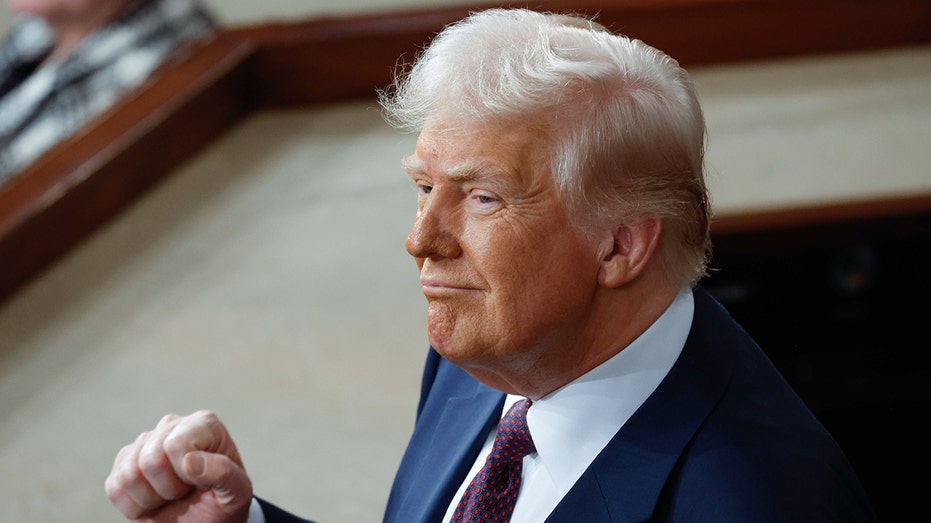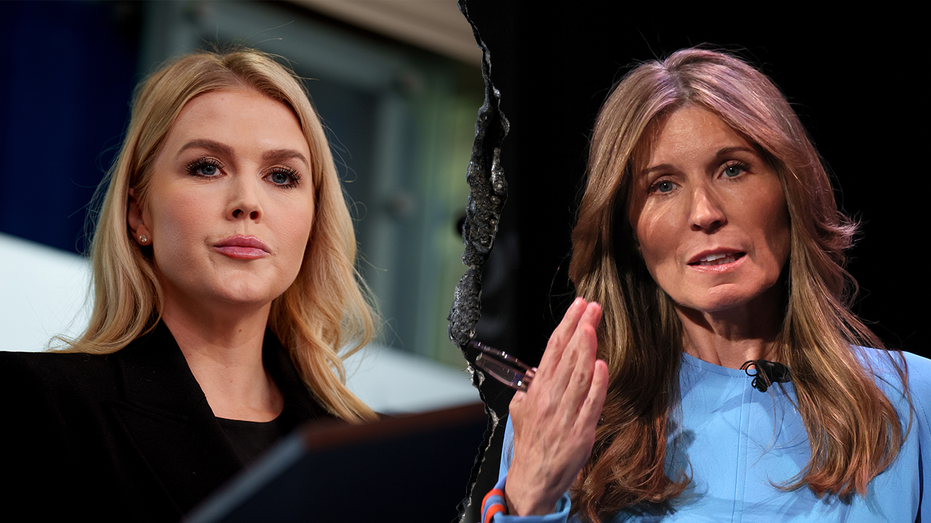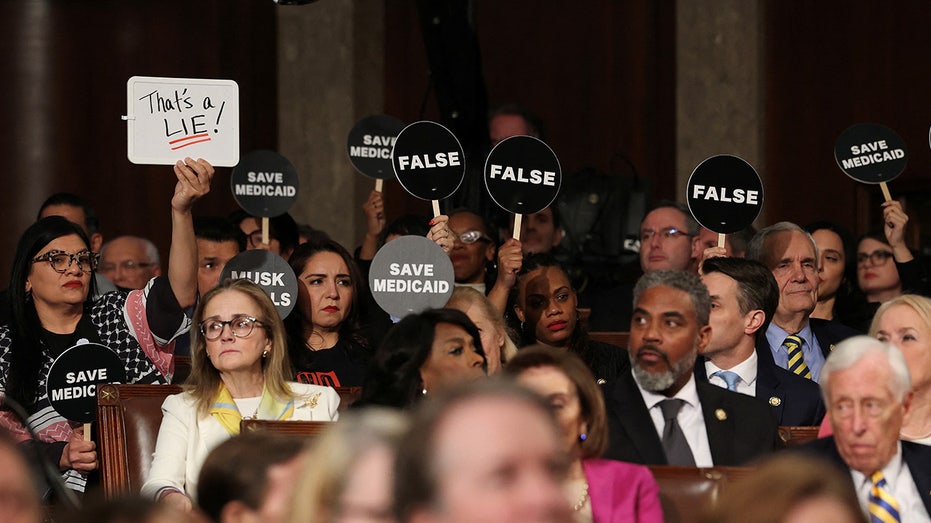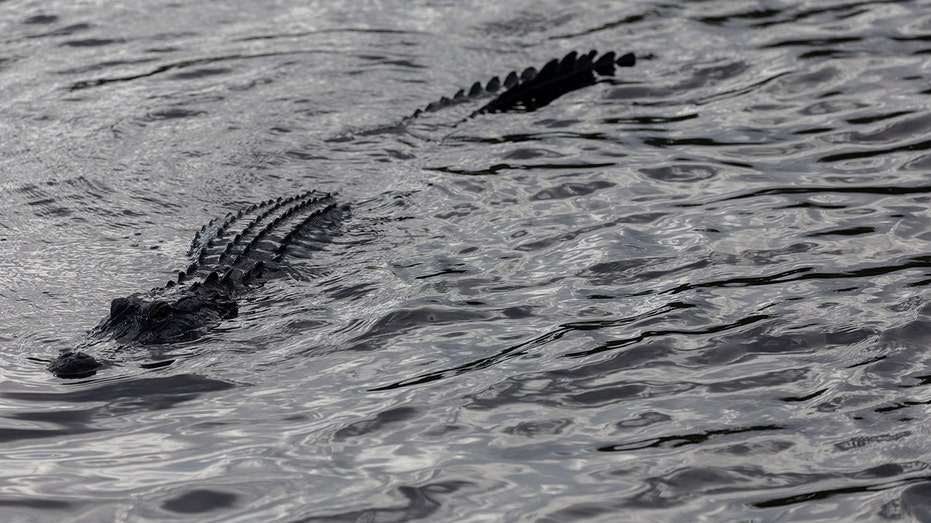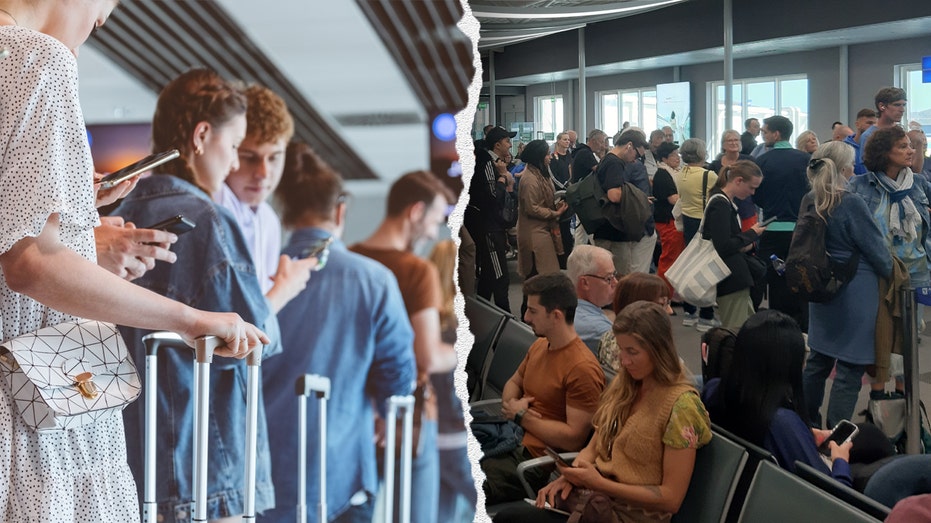- by foxnews
- 06 Mar 2025
The $37m question: why do US states elect judges in expensive, partisan elections?
The $37m question: why do US states elect judges in expensive, partisan elections?
- by theguardian
- 01 Apr 2023
- in politics
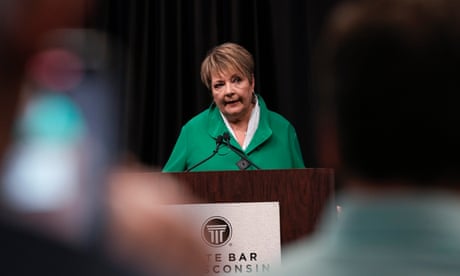
While the 4 April Wisconsin supreme court race is technically non-partisan, the two candidates have not shied away from taking positions on policies that align with political parties. The Democratic party has spent heavily on the liberal candidate Janet Protasiewicz, while conservative candidate Dan Kelly has the backing of Republicans and top conservative donors.
The race is already the most expensive state supreme court election in US history, with over $37m in spending. The unprecedented spending and political debate begs the question of why partisan groups are permitted to get involved in the selection of supposedly nonpartisan judges, and why judges are directly elected at all?
These judges often have the last word on major policy decisions in their states, from reproductive rights to voting policy and redistricting. Since the US supreme court overturned the right to an abortion with its Dobbs decision last year, attention on state supreme court races has intensified, with groups on both sides of the debate recognizing that state courts will have the last say on whether abortion is legal.
A number of factors have contributed to the record spending, including the fact that the partisan balance of the court is up for grabs.
Each state has a unique history when it comes to deciding who will sit on its top bench. Of the 38 states that currently use some kind of election to select judges for the high court, 16 states empower the governor to appoint judges, who are then reselected in retention elections. Another 14 states have voters select judges in contested, nonpartisan elections and eight states allow voters to select judges in contested, partisan elections.
A few decades after states moved to partisan elections, some states began taking issue with the political influence involved in these elections and moved towards merit selections. Since 1940, more than half of states have switched at least in part from popular elections or solely appointments to experiment with merit selection.
In states that use a merit system, the governor ultimately appoints judges with the help of a nominating commission or board, which is usually composed of a combination of attorneys, other judges, and the general public. The board considers applicants for the position and forwards the best candidates to the governor.
Some research has shown that judges selected through a merit process produce higher-quality work than judges selected by partisan elections.
But for the most part, state policy on how to select judges has not changed in recent history, and judicial elections are used to select the vast majority of state judges.
Before recent years, there were sporadic elections that drew large spending. In the 1980s and 1990s, big businesses and trial lawyers were frequently at odds over tort reform, which sometimes led to high-cost elections.
The type of spending we see now did not become possible until the 2010 supreme court Citizens United decision, which prohibited the government from restricting independent expenditures for political campaigns by corporations, opening the floodgates for outside groups to pour money into political races.
In Wisconsin, Democrats have poured millions of dollars into advertising for Protasiewicz. Of the more than $25m booked in television advertising as of 22 March, Protasiewicz has ordered more than $10m, and outside groups supporting her including A Better Wisconsin Together, Planned Parenthood, and the American Civil Liberties Union have spent an additional $5.4m, giving her a roughly $5m spending advantage in booked advertising over Kelly.
In their forthcoming book Free to Judge, law professors Michael S Kang and Joanna M Shepherd find that the desire to win re-election results in judges who lean toward the interests and preferences of their campaign donors across all cases.
Other research shows that judges tend to be harsher in criminal cases during election years than they are during non-election years, especially when there are more TV ads.
- by foxnews
- descember 09, 2016
'Gate lice' run-ins have flyers demanding more airlines 'crack down' on pesky travel trend
Passengers are asking major airlines to do something about "gate lice" problem at airports. American Airlines currently has new tech to stop the line-cutters.
read more